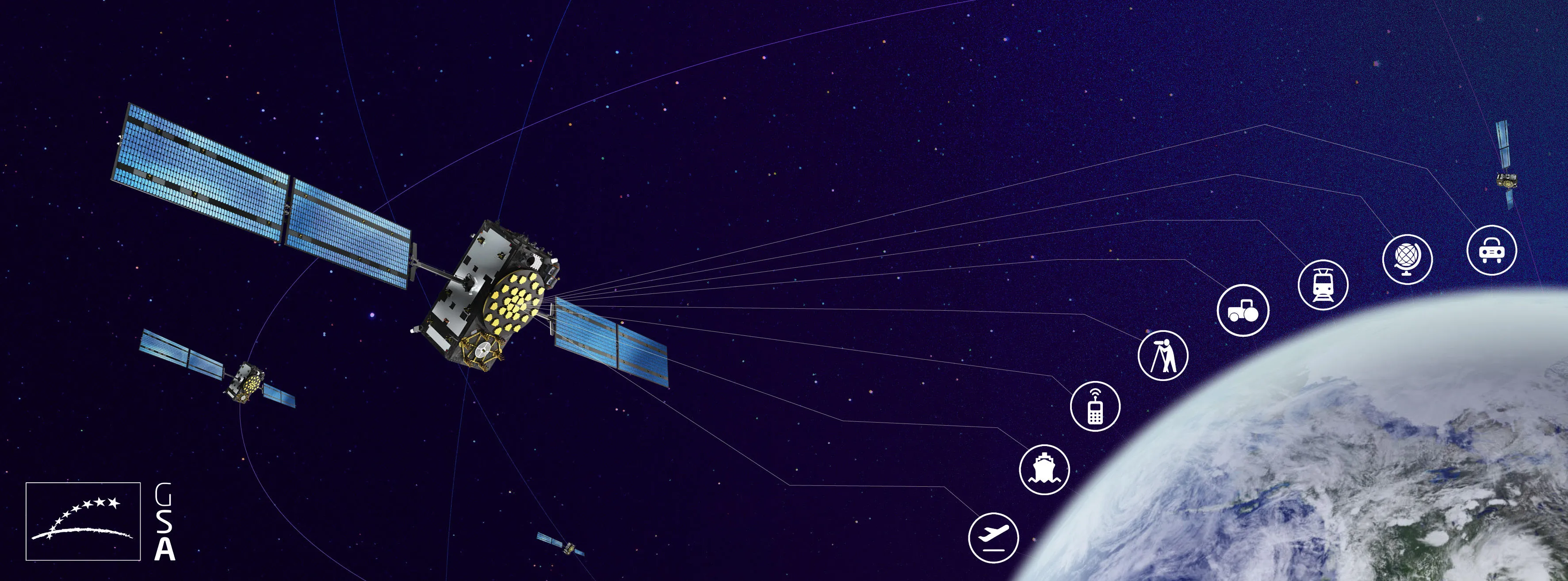2023 predictions - The role of location data and the positive impact on sustainability
In our ever-changing world, OS is committed to supporting customers across the globe with data driven insights to help tackle the global issue of climate change. Geospatial data can play a key role in identifying and adapting to the ongoing challenge, from detection and monitoring, and providing trusted analytics to help shape adaptation, modelling, and the implementation of viable solutions. Today we are seeing location data supporting heat mapping projects, tackling supply chain issues, as well as enabling sustainable investment in green energy and transport for positive economic, social, and environmental outcomes.
What do I think is going to be new in 2023?
Climate change is a global issue, and certainly not a new issue, but to achieve net zero there needs to be authentic and authoritative data that is better regulated to enable better informed decisions. The biggest obstacle we face is how do we increase awareness and understanding around location data and the critical role it plays in providing insight and intelligence. For the next 12 months, I think we’re going to see greater emphasis from governments and businesses globally using authoritative location data at the core for monitoring, reporting and verification. Data quality is becoming essential in ensuring decision making but also enabling the transparency levels needed to remove green washing accusations.
If a person is in intensive care, you need to be able to monitor them closely and trust the information so you can intervene and find the right treatment. We need to look at the world as if it is in intensive care and start to continuously monitor and improve its condition before it’s too late. With OS data, you can identify where the pain points are, enabling decisions and solutions for positive impact. If all the world leaders are looking on climate change as the intensive care patient, then they need better access to location data to make those informed decisions.
Earth observation and geospatial data are both examples of data that can provide a remedy or treatment to solve this catastrophic global issue. On its own EO has no context but add a map and suddenly it has the context to shape change, as evidenced by the UK Space Agency project we undertook, as a result this has already led to informed decisions and action based on the combined data set. The government has recently announced up to £200 million of funding to invest in Earth observation and climate programmes to prioritises our space and net zero ambitions as more than half of key climate data comes from space.

What's going to take off in 2023?
That’s easy…the trend in data fusion. By integrating multiple data sources, you can produce more consistent, accurate, and useful information when compared with an individual data source. But equally, data needs to be machine readable as well as interpretable by humans. As machine learning advances and becomes more complex, interpretable and validated machine learning is important because humans should be able to understand at some level the decisions being made by algorithms which in turn builds trust and validity for the data source.
What would you like to change in 2023?
At the same time as climate change, the economy is expected to flatline in 2023 so we need to boost capital flow and green financing to stimulate growth. That’s why we need more sustainability initiatives like the Supply Chain Data Partnership, which aims to build a trusted data source to identify, prevent or mitigate risk, and identify opportunities for green and sustainable investment.
Initiatives where data is shared or combined as with Earth observation and geospatial data, provides greater context and helps governments, businesses and organisations see the bigger picture. Legal teams are now checking on quality of data and claims made, but I’d like to see more action to reduce the risks of greenwashing, junk carbon credits and inaccurate data being used. It’s good to see the UN taking a hard line on greenwashing, but more needs to be done. Take the National Geographic Database of Great Britain for example. Maintained by OS, it is one of the largest of its kind in the world and contains more than 500 million unique geographic features. We ensure the data is accurate and kept up to date so that our customers have consistent, definitive, and authoritative location data of Great Britain. More needs to be done to enforce data provenance because decision makers need good quality data to make the right choice.

Strategic Market Lead for Environment and Sustainability at OS
Donna supports OS's mission to be a world leader in geospatial services, delivering location insight for positive impact with colleagues, partners and customers.